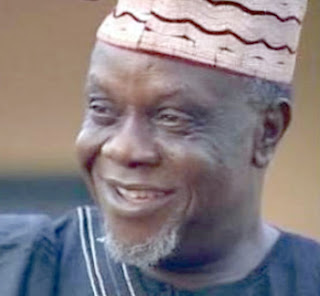The Unique Features of Calabar
Calabar, the host city of this Festival, is known for different things to different people. However, there are certain facts which remain true about the Canaan City. Here are a few things worth knowing about this beautiful city.
• The first integrated business and leisure resort in Africa, Tinapa, is in Calabar
• Calabar has the second tallest National flag to be hoisted in Africa
• Calabar is home to an international slave trade museum
• Calabar has been known to European Sailors as far back as the 15th century
• It has an international sea port known to the world from the 16th century
• Calabar was a major slave trade port between the late 17th to 19th century.
• About thirty percent of the estimated 2.5 million slaves taken from Africa to the new world, passed through the Calabar sea port.
• Calabar once served as the seat of Government of the Niger Coast Protectorate, Southern Protectorate and Oil River Protectorate.
• Calabar has one of the earliest military barracks in Nigeria.
• It was the place where the Monorail was first experienced in Nigeria.
• Calabar was a location for the first two botanical gardens in Nigeria (the other being in Lagos – Ebute Metta).
• Calabar has the first public (General) hospital in Nigeria – St. Margaret Hospital.
• Calabar has the oldest post office that provided postal services in Nigeria.
• Calabar has the first social club in Nigeria -The Africa Club
• It produced the first Nigerian Professor, Professor Eyo Ita.
• Competitive football matches in Nigeria first began in Calabar
• Competitive Cricket and Hockey games first began in Calabar.
• The first Nigerian Inspector General of Police. Sir Loius Edet, was an indigene of Calabar.
• Calabar has the oldest Secondary School east of the Niger, Hope Waddell Training Institute (1895).
• Road Networking began from Calabar in the East of the Niger.
• A Calabar school, Hope Waddell Training Institute produced the 1st President of the Independence Nigeria (Late Dr. Nnamdi Azikwe).
• The Governor of the defunct Eastern Region of Nigeria, Dr. Francis Ibiam of blessed memory, was a product of the Hope Waddell Training Institute
• Calabar has been inhabited for more than 2000 years.
• Calabar has been a business centre and a city, which also witnessed waves of migration of the Bantu movement.
• Calabar and Cross River have the longest Tropical Rain Forest Area which is relatively pristine.
• Calabar is watered by the Calabar and Great Qua rivers and creeks of the Cross River (from its inland Delta).
• Kings and Obongs of Calabar were the first kings to sign treaties with Europeans, East of the Niger.
• Mrs. Margaret U. Ekpo from Calabar was the first female special member in Nigeria’s Eastern House of Chiefs and later Eastern House of Assembly
• Chief Mrs. Ekei Esien Oku from Calabar was the first qualified female librarian in the former British West Africa
• The first Nigeria’s World Boxing Champion, Hogan (Kid) Bassey hailed from Calabar.
• King Archibong III (Obong) was the first King in the Southern Nigeria to be crowned with regalia sent by Queen Victoria in 1878.
• The Catholic Church said its first mass east of the Niger in 1903 at No. 19 Boco Street, Calabar.
• Calabar was the first town to host the Presbyterian Church of Nigeria (Church of Scotland Mission) in 1846.
• Etubom Oyo Orok Oyo from Calabar was the premier football administrator, the first and only Nigerian so far to be elected into Executive Committee of FIFA (1980 – 1988) and the first African to be made an Honorary Vice president of Confederation of African Football (CAF) (from 1988 for life)
@profnkoro https://www.facebook.com/profnkoro http://www.calabarfestival.com


























this is incredible
ReplyDelete